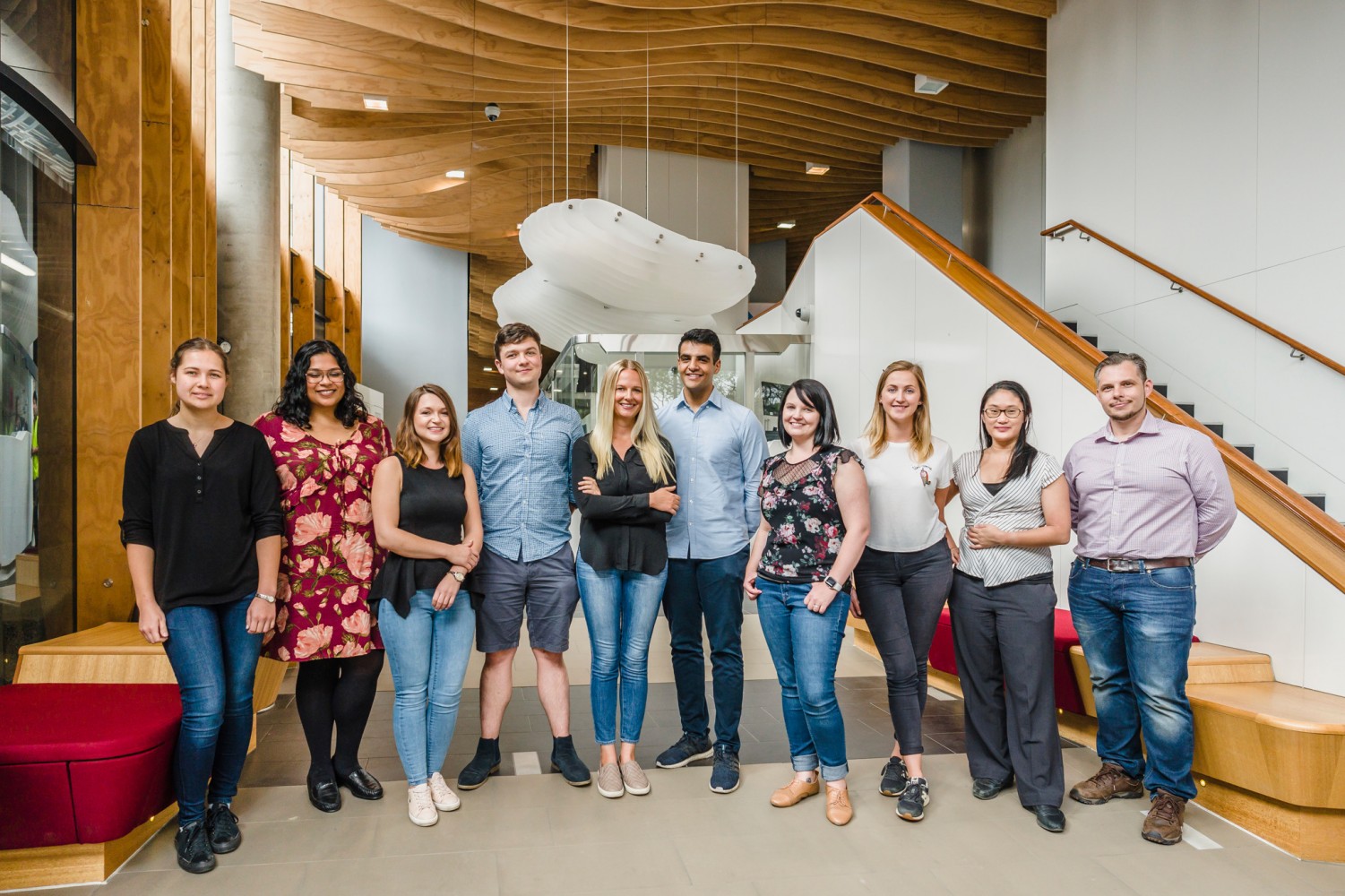
Dr Eve Maunders
(03) 9035 5447 | eve.maunders@unimelb.edu.au
- Position:
- Research Officer
- Theme(s):
- Antimicrobial Resistance, Bacterial and Parasitic Infections, Buruli ulcer
- Discipline(s):
- Discovery Research
- Unit(s):
- The University of Melbourne, Department of Microbiology and Immunology (DMI)
- Lab Group(s):
- McDevitt Group
Eve was awarded her PhD in molecular microbiology from the University of Cambridge in 2018. Her PhD research harnessed transcriptomic and proteomic approaches to investigate the regulation of biofilm formation and virulence in the human pathogen Pseudomonas aeruginosa. In 2019, Eve joined the McDevitt group at the University of Melbourne as a post-doctoral researcher, investigating the homeostasis of essential metal ions in Klebsiella pneumoniae and Pseudomonas aeruginosa, and the role that metals play in bacterial pathogenesis.



